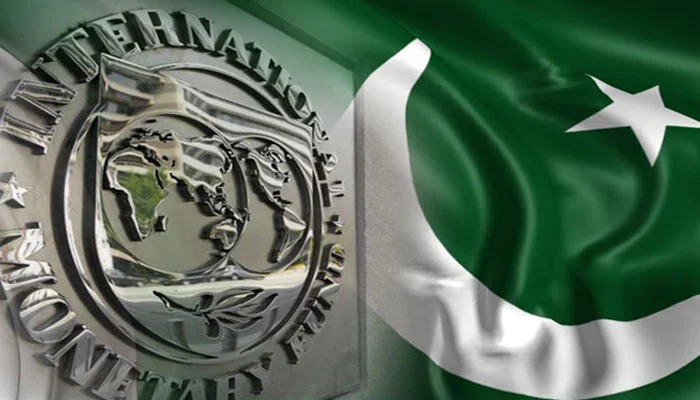An IMF delegation, led by Nathan Porter, visited Islamabad this week to hold discussions regarding Pakistan’s $7 billion loan program, which was approved in September 2024. The team, which arrived unexpectedly, met with key officials from the ministries of finance, energy, and the Federal Board of Revenue (FBR). Although the visit is not related to the official review of the loan—which will take place in 2025—it serves as an important interim check on Pakistan’s progress in meeting the program’s objectives.
One major topic of discussion was Pakistan’s domestic debt. According to the central bank, the country’s domestic debt has risen significantly, from Rs39.698 trillion ($142.9 billion) in September 2023 to Rs47.536 trillion ($171.1 billion) in September 2024. However, the IMF expressed satisfaction with the government’s approach to managing this debt. The finance ministry reassured the delegation that efforts were underway to reduce the domestic debt over time while also extending the period for debt servicing, which the IMF believes will help stabilize the nation’s economy.
In addition to debt management, the delegation also reviewed Pakistan’s progress on tax reforms. The FBR briefed the IMF on the steps it has taken to digitize tax collection, including the integration of artificial intelligence, which has helped include 0.4 million small traders in the tax system. These traders have contributed Rs12 billion ($43.2 million) in taxes in the first quarter of this fiscal year alone. There were also discussions about adjustments to the Tajir Dost Scheme, which incentivizes retailers to comply with tax obligations.
While Pakistan’s economic situation has improved, challenges remain, including a revenue shortfall of around Rs200 billion ($720 million) in the first quarter of the year. During the visit, the finance ministry discussed potential measures to address this gap and reduce overall expenditures. Additionally, Pakistan has requested the IMF for a $1 billion climate financing facility, which is expected to be discussed further in the coming days.
The IMF’s visit reflects its ongoing commitment to monitoring Pakistan’s progress under the loan agreement, ensuring that both structural and quantitative benchmarks are met for future reviews of the program.


